Steel pipe piles are very important steel structures in the construction of seaports and offshore facilities. As load-bearing components, they play a huge role in complex environments. Compared with concrete piles, steel pipe piles have higher bearing capacity and resistance to compression, tension, shear force, earthquake and wind loads. At the same time, their specifications are diverse and can meet different engineering needs. The diameter of steel pipe piles can reach 2100mm, the wall thickness ranges from 6.9 to 25mm, the pile length is easy to adjust, the construction progress is fast, and the comprehensive benefits are high. However, steel pipe piles are susceptible to corrosion under natural conditions, especially in environments such as oceans and rivers, so anti-corrosion measures are essential.
Corrosion of steel pipe piles are prone to corrosion under natural conditions under the influence of the external environment. This type of corrosion can be divided into two types: dry corrosion and wet corrosion. Dry corrosion refers to the oxidation reaction caused by steel in high-temperature air above about 200°C, and corrosion caused by highly reactive gases, such as sulfidation and halogenation. From the current use environment of steel pipe piles, dry corrosion can be ignored; and the environment of steel used in actual civil engineering is mostly fresh water, sea water, atmosphere and soil. In this environment, steel often produces corrosion related to neutral water and oxygen. The reaction form varies with the environment, and the corrosion rate and state after the reaction are also different. Generally, it is carried out in an electrochemical way. By forming a tiny primary battery on the surface of the steel, iron dissolves at the anode, resulting in iron consumption. The degree of reaction depends on the amount of oxygen in the reaction. Through the actual measurement and investigation of the corrosion of steel piles, the annual corrosion rate of the part buried in the soil is generally very low. Except for the part close to the surface, its corrosion has nothing to do with the soil quality.
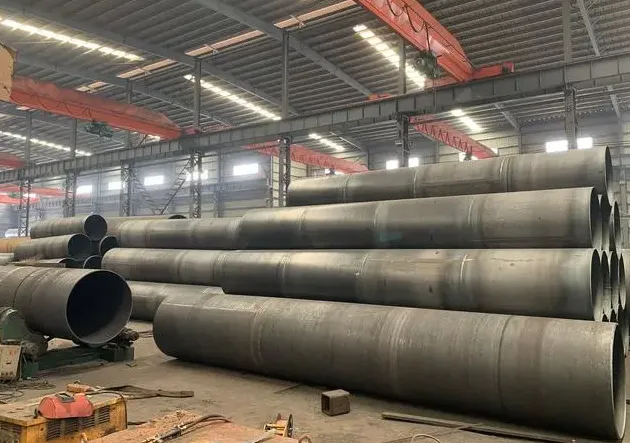
What are the anti-corrosion methods for steel pile pipes?
Anti-corrosion measures for steel pipe piles When steel pipe piles are used in areas with corrosive groundwater, the following anti-corrosion measures can be taken;
Concrete coating anti-corrosion: This method is to use concrete to cover the section of the steel pipe pile where corrosion is particularly intense. The thickness of the concrete should be greater than 6cm. At the same time, in order to prevent cracks or peeling on the concrete, metal mesh or steel bars should be used for reinforcement. Coated concrete: It can be constructed by spraying before driving, or it can be cast around the pile after driving. In addition, in order to prevent cracks caused by the reduction of strength and corrosion resistance of concrete after carbonization, seawater-resistant cement and concrete composite materials should be further improved.
Glass flake coating: The coating with glass flakes with good chemical resistance as the main anti-rust pigment is called glass flake coating. According to different application environments, there are epoxy glass flake coating, polyester glass flake coating and vinyl ester glass flake coating.
Epoxy powder coating: The epoxy powder coating film is strong, corrosion-resistant, acid-resistant, alkali-resistant, heat-resistant and salt-fog-resistant. Epoxy powder coating does not contain organic solvents and has a solid content of 100%, which reduces harm to the human body and pollution to the environment. The coating utilization rate is high, and the oversprayed powder can be recycled. The construction of epoxy powder coating for steel pipe piles can be carried out on the entire production line from surface treatment, powder spraying, baking and curing, cooling of finished products to packaging, which is fast in construction progress and reduces labor. However, the limitations of epoxy powder coating on steel pipe piles are also obvious. The one-time investment of the assembly line is large, the color matching of the coating is difficult, and it is difficult to change the color of the assembly line spraying equipment. Another disadvantage of epoxy powder coating on steel pipe villages is that the damaged parts caused by hoisting and piling cannot be repaired.
External anti-corrosion coating:External anti-corrosion coating is one of the most common anti-corrosion methods for steel piles. Paint anti-corrosion Applying appropriate paint coating on the surface of steel pipe piles can delay corrosion. Piles used in the soil must choose materials with good corrosion resistance and peeling resistance, generally epoxy coal tar coating. By coating the surface of the steel pipe with anti-corrosion materials, such as epoxy resin, polyurethane coating or polyethylene coating, a protective film is formed to prevent the corrosive medium from directly contacting the steel surface. This method is suitable for different types of steel pipes, such as SSP, SSAW steel pipe, and LSAW steel pipes.
Electrochemical protection:Electrochemical protection includes cathodic protection and anodic protection, which mainly inhibits the corrosion reaction of the steel pipe through the action of electric current. Cathodic protection often uses sacrificial anodes or impressed current to make the surface of the steel pipe a cathode, thereby reducing the occurrence of corrosion. This method is particularly common in SSAW and LSAW steel pipes, especially in marine environments, and can significantly extend the service life of steel pile pipes.
Internal coating anti-corrosion:For steel pile pipes that transport liquids or gases, internal coating anti-corrosion is equally important. By coating the inner wall of the steel pipe with anti-corrosion materials, such as epoxy resin or ceramic coating, the internal medium can be effectively prevented from corroding the steel pipe.
Steel pile pipes play a vital role in infrastructure construction, and their anti-corrosion performance directly affects the safety and durability of the project. By reasonably selecting anti-corrosion methods and combining the characteristics of spiral submerged arc welded pipes, and straight seam submerged arc welded pipes, the service life of steel pile pipes can be effectively extended to ensure their reliability in various harsh environments. In future engineering applications, anti-corrosion technology will continue to develop, further improve the corrosion resistance of steel pile pipes, and provide solid protection for infrastructure construction.








 English
English Español
Español بالعربية
بالعربية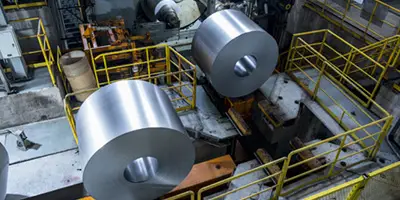
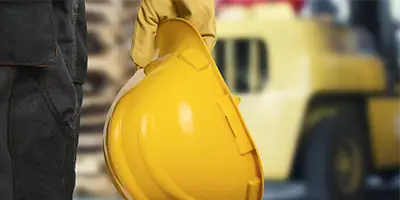
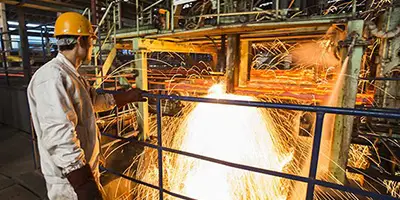
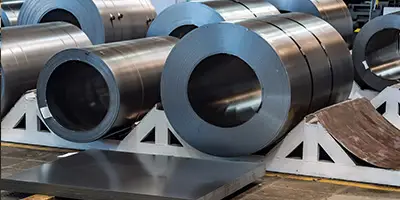

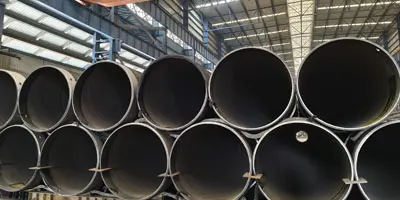
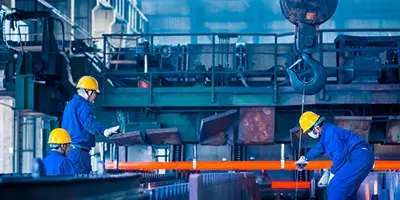
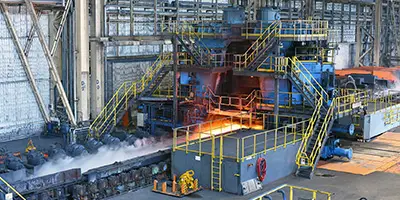
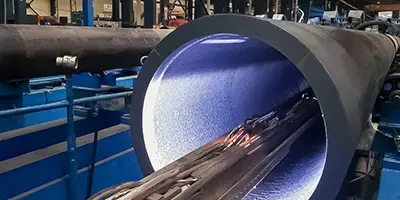
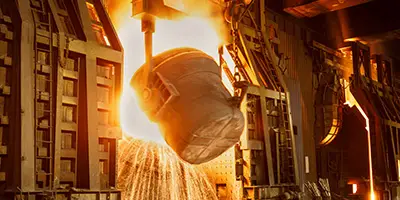
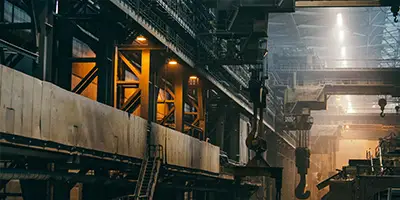

 Phone :
Phone :  Whatsapp :
Whatsapp :  Email :
Email : 


